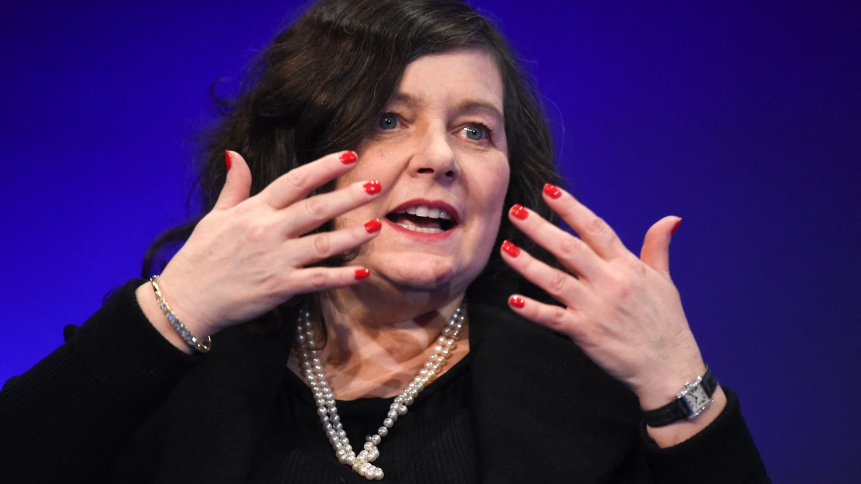Challenger or startup banks in the UK have been found to lack checks on financial crime risk, including getting around the kind of sanctions recently imposed on Russia, British regulators said at the end of the last week.
The Financial Conduct Authority published the findings of a 2021 review into so-called challenger banks that rely heavily on technology and online custom. Investments in digital-only banks are reaching millions of pounds, and expansion to other markets is picking up steadily.
The total value of digital payments is set to exceed £210 million this year, according to Statista. It was also reported that 76% of UK citizens used online banking in 2020 — and the percentage of online banking users has more than doubled from 30% in 2007 to 63% in 10 years.
The UK is an excellent market for building a digital banking brand and expanding services worldwide, due primarily to thriving fintechs who are plugging gaps in the UK financial ecosystem. The island nation is home to challenger banks Revolut, Zopa Bank. Starling Bank, digital bank Mozo, and more. In addition, Goldman Sachs’ digital banking operation Marcus is also a fintech that has done a fair job of attracting UK account holders.
The FCA noted that while its review predated Western sanctions against Russia after its invasion of Ukraine, the assessment of financial crime and money laundering controls “equally apply to firms’ management of sanctions”. The regulator stressed this was “specifically in respect of the risk that firms are utilized for sanctions evasion”.
Overall, the FCA “found that challenger banks need to improve how they assess financial crime risk, with some failing to adequately check their customers’ income and occupation”. The watchdog said that “in some instances, challenger banks did not have financial crime risk assessments in place for their customers”.
The FCA studied “relatively new” yet unnamed startup retail banks with more than eight million customers combined. UK challenger banks to have emerged in recent years include Atom, Monzo, and Starling. “Challenger banks aim to compete with traditional… (retail) banks using smarter technology and more up-to-date IT systems,” the watchdog noted.
And the FCA’s review “found some evidence of good practice, for example innovative use of technology to identify and verify customers at speed”. However findings also “identified a rise in the number of ‘suspicious activity reports’… by challenger banks”.
Sarah Pritchard, executive director, markets at the FCA, said that while “challenger banks are an important part of the UK’s retail banking offering[…] there cannot be a trade-off between quick and easy account opening and robust financial crime controls.
“Challenger banks should consider the findings of this review and continue enhancing their own financial crime systems to prevent harm,” she added.











